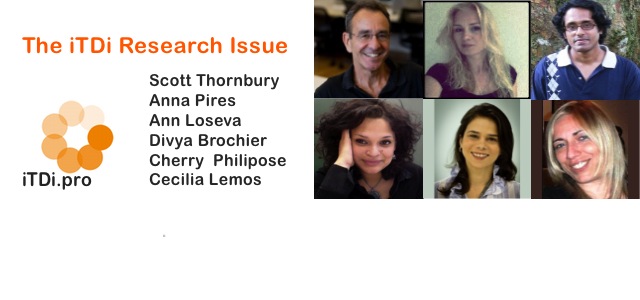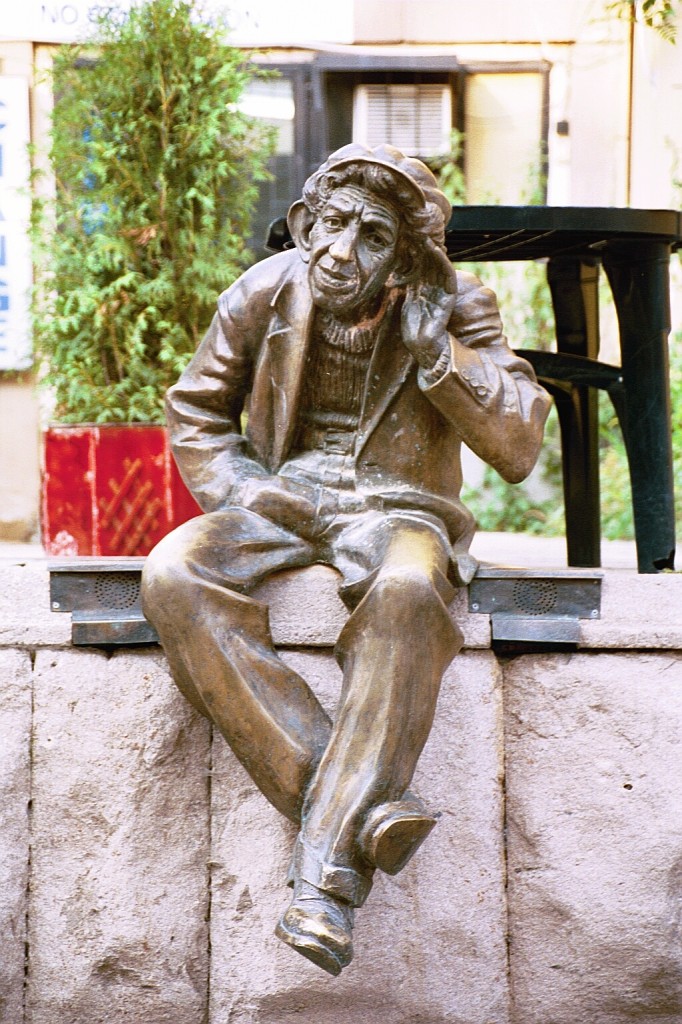From India through Myanmar to the World: A journey ONLINE!
Research or re-search can be daunting as well as exciting for the researcher who takes it up. Every researcher begins with an assumption that what that person does has never been done before; however, as one mines through the existing literature this feeling bursts like a bubble and gives way to an effort to fit in one’s own research to a big stream of research that has already happened. This is very important because one needs to know what has happened so far and how what one is planning to take up connects with the existing research and by extension the existing body of knowledge.
The research I’m doing now is to look at and understand how social media (SM) is contributing (or not contributing) to the continuing professional development (CPD) of teachers. I chose this topic because of my two-year stint in Myanmar (Burma) at a time when the country was either cut-off or had limited access to the outside world. The personal and professional alienation I felt was alleviated to a great extent through my participation in social media sites like Twitter and Facebook. The #ELTChat on Wednesdays was a breather and the many tweets that appear under that feed over the week kept me connected with the wider ELT world out there.
Back in India after the contract got over I realised how much I had gained personally as well as professionally through my participation in online learning/sharing communities like iTDi and thought to study the phenomenon in greater detail so that in places where CPD opportunities are limited or beyond reach how a teacher with access to the internet can tweak it to develop professionally. Furthermore, though India has a reputation in the world for its IT capabilities many teachers are conspicuously absent or prefer to ‘lurk’ online – another phenomenon that made me think of the possible reasons behind it and also to devise ways that could make them active online.
I too began with an assumption that social media being a recent phenomenon might have a little or no research in the area. But to my surprise I stumbled upon research that was taken up in many parts of the world over the use of the internet and its many applications for teaching and learning and of course social media were too there. The research questions that guide me at present are:
• What are the online continuing professional development (OCPD) opportunities available for ESL teachers?
• How do teachers who are aware of such opportunities make use of these opportunities?
• How do such teachers perceive the effectiveness of the OCPD opportunities with reference to their practice?
• What are the short term/long term effects of OCPD?
As part of the coursework that spreads into two semesters, I had read one on CPD. I now know how divergent our understanding of it can be as well as how complex its evaluation is. Despite being not able to find a common ground, it was uplifting to read about its presence and growing import in almost all parts of the world and teachers exercising the agency (either vested upon them or reclaimed) to find opportunities to develop professionally.
In the second semester I am doing courses on two aspects of online learning. One deals with the theories and framework (but this course is yet to gather full steam) and the other with platforms and environments. From email lists through web bulletin boards the world has come a long way in adapting media that were initially not meant for professional development. Examples of this can be either using hashtags to chat on Twitter or making the personal and the professional boundaries very thin on a social networking site like Facebook.
The story so far should not give an impression that the research is devoid of any challenges because it is not. One challenge I can anticipate in my study is to develop tools that could help me to collect data that are mostly generated online. Since the sites are all third party owned I might not have access to the user behaviour data which if gained might provide insight to how things work online. Instead I need to resort to other means of garnering data. Another could be to keep my own motivation levels high or at least in motion.
The journey so far has been demanding; but rewarding. Through the research that I had taken up I believe I will be able to contribute something that will help us to better understand a phenomenon where teachers pull down their walls and build networks around the globe and tell the world that their staffrooms exist virtually where teacher friends work 24*7 and help is always a click away!












